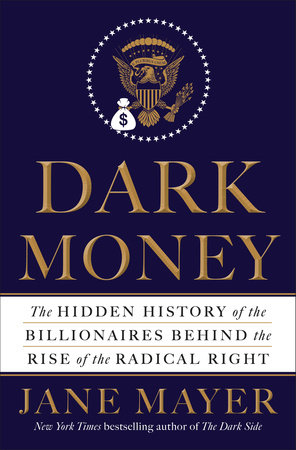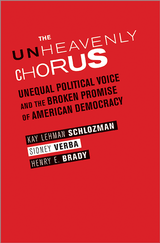In the past few months we have seen an acceleration of mergers among giants in many industries. Dow Chemical and Dupont, followed by Monsanto and Bayer, Marriott and Starwood, Microsoft and Linked-In, Verizon and Yahoo, and recently Miller and Budweiser. Each of these firms were giants before a merger. By combining they not only grab more market share, they concentrate wealth and power in fewer hands. And of course, we always hear about the increased 'efficiency' that comes with the new combo. Translated into our vernacular that means many folks lose their jobs while a few people at the top get wealthier and wealthier.
Back at the turn of the last century there arose the idea of 'antitrust' to combat the growing concentration wealth by the robber barons. But his time around antitrust is not in any vocabulary use within Washington. Michigan's late great Senator Phil Hart, whom colleagues named the 'Conscience of the Senate' and named a new Senate office building for him,was the last of the antitrust leaders.
These new mergers will cast a long shadow. Already in Midland, Michigan, headquarters of Dow Chemical, city officials and citizens are worried about jobs moving and declining. It was a single company town that lived off Dow's largess, and numerous well-endowed Dow family foundations have supported the arts, gardens and other community enhancements over the years. Of course, they also leave a toxic legacy they have been reluctant to repair, especially the dioxin levels in the Tittabawassee watershed. But I digress from my larger concern with this unchecked merger mania.
The late 19th Century response to the increasing concentration of wealth through anti-trust has been abandoned, even before the Citizens' United ruling that now allows unidentified funds to flow into electoral politics.

Jason Hargrove/ Flickr
For example, Public Citizen published a report this week, Big Business Ballot Bullies, that notes that the corporate sector has been outspending the grassroots on state ballot proposals 10 to 1. And this is the reported money. Dark Money is by design harder to scope out. But we should harbor no doubts that the growing concentration of wealth and power is funneling more and more cash to protect their profits, the public good be damned.

Even conservative Senator Charles Grassley (R-IA) is concerned with the "tsunami" of mergers. "Concerns have been raised whether these transactions will result in foreclosure of market access by competing seed companies to traits and germplasm, and whether they will enhance these companies to engage in exclusionary conduct."
Diana Moss, president of the
But the Senate has no power to block mergers. There are three main ways in which the Federal antitrust laws are enforced:
• Criminal and civil enforcement actions brought by the Antitrust Division of the Department of Justice.
• Civil enforcement actions brought by the Federal Trade Commission.
• Lawsuits brought by private parties asserting damage claims.
We already have banks and automobile manufacturers that are "too big to fail". Shall we further concentrate every industry in the false name of 'efficiency' and free markets so that all the behemoths that drive our growing inequality have even more power and become 'insured against failure and malfeasance' via too big to fail?

I continue to circle back to the landmark study by three highly regarded political scientists from a few years ago, The Unheavenly Chorus: Unequal Political Voice and the Broken Promise of American Democracy. In this hefty, 693 page multiple award winning tome, Kay Lehman Schlozman, Sidney Verba, and Henry E. Brady review a huge number of studies and discern, what a reasonable person might easily infer, that the growing economic inequality parallels a growing political inequality.
Following that epic work was another report by two other noted scholars further confirming this increasing political power that as one reviewer of their study, Professor Allan J. Lichtman notes,
"The analysts found that when controlling for the power of economic elites and organized interest groups, the influence of ordinary Americans registers at a “non-significant, near-zero level.” The analysts further discovered that rich individuals and business-dominated interest groups dominate the policymaking process. The mass-based interest groups had minimal influence compared to the business-based interest groups."
My biggest concerns with the merger mania we are facing in light of Citizens United is the selling of our democracy to the wealthiest among us. Perhaps the penultimate result of which we may be watching unfold before our eyes as former Wall Street executive turned journalist Nomi Prins notes in an blog this week. Read it while you are sitting down.
Voting clearly matters, but the forces already unleashed require that it is not sufficient if we want to live in a democracy.

replica Soccer Jerseys, combining elegant style and cutting-edge technology, a variety of styles of replica fc porto Jerseys, the pointer walks between your exclusive taste style.
ReplyDelete